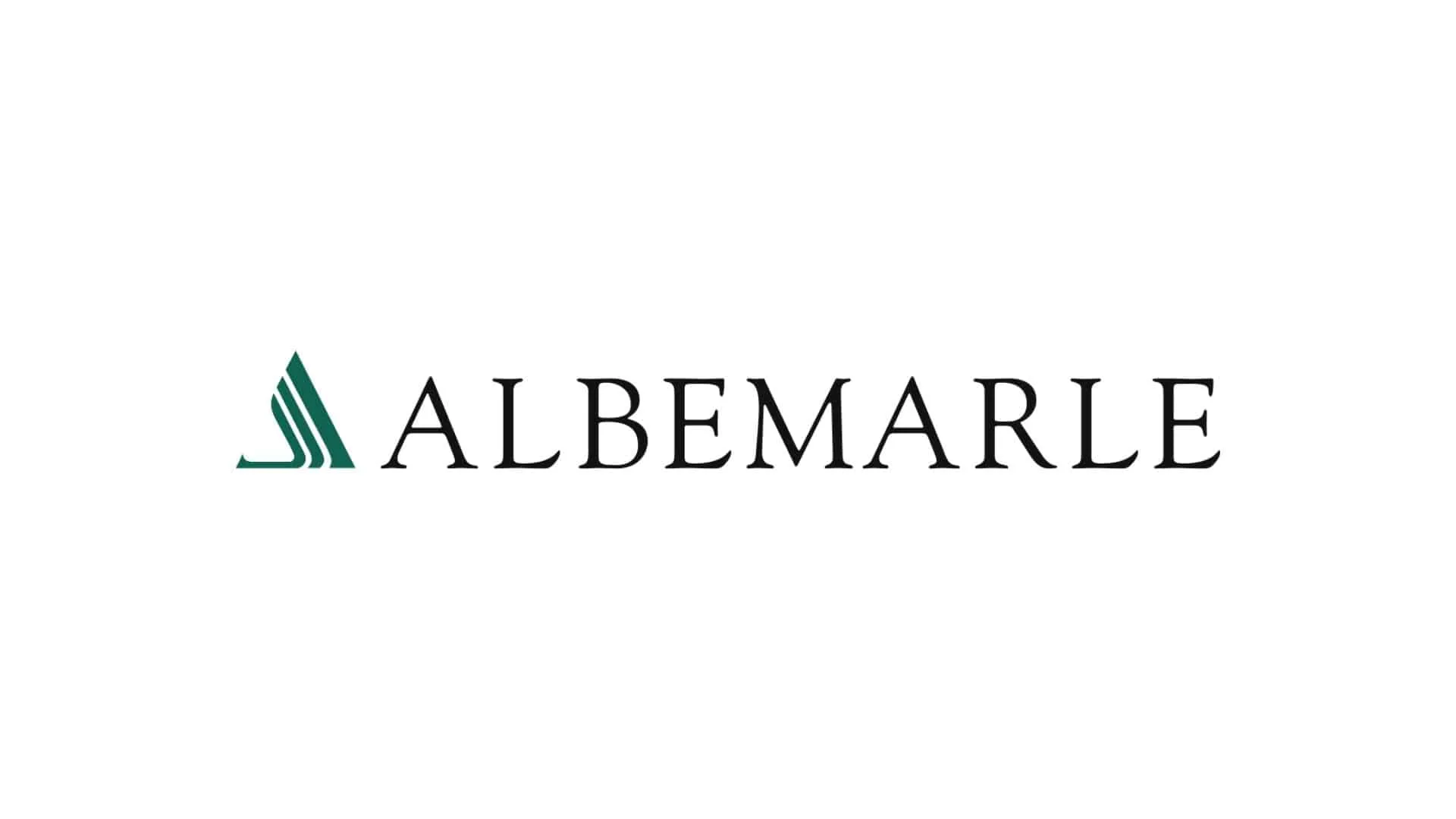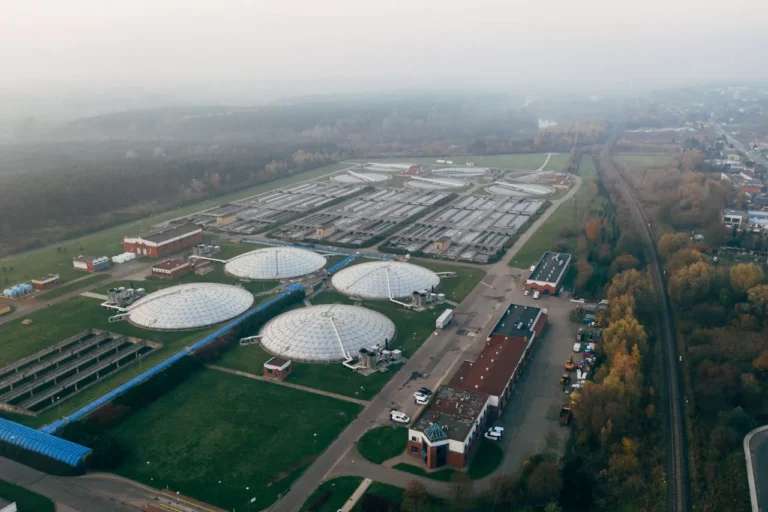
Albemarle Corporation 2024 Sustainability Report: A Comprehensive Overview
Albemarle Corporation a global leader in specialty chemicals and a key player in the supply of essential elements for mobility, energy, connectivity, and health, has published its 2024 Sustainability Report titled “Values-Led, Purpose-Driven”. This comprehensive document showcases the company’s significant progress and commitments across environmental, social, and governance (ESG) fronts, aligning with its long-term sustainability strategy. The report highlights key achievements in reducing carbon emissions, managing freshwater resources responsibly, and supporting its customers’ sustainability goals.
A Message from Leadership
Kent Masters, Chairman and CEO, emphasized the foundational role of sustainability within the company’s operations. “As a values-led organization, sustainability is foundational to how we choose to operate,” said Masters. “The initiatives outlined in this report speak to our commitment to creating a more resilient world. We remain dedicated to minimizing our environmental footprint, creating responsible and reliable products for our customers, and engaging with our communities to foster positive outcomes.”
Reducing Albemarle’s Carbon Footprint
Albemarle has made significant strides in lowering its carbon intensity. Thanks to ongoing efficiency improvements and a strategic pivot towards renewable and carbon-free electricity sources, the company remains on track to achieve a carbon intensity-neutral growth for its Energy Storage business across Scope 1 and 2 emissions.
Both the Specialties and Ketjen business segments are also progressing well toward meeting their 2030 absolute Scope 1 and 2 carbon emission targets. Key highlights from this segment of the report include:
- 24% of Albemarle’s total electricity consumption was sourced from renewable energy, up from 16% in the prior year.
- The initiation of a decarbonization roadmap that assesses the company’s enterprise-wide carbon hotspots. The roadmap identifies actionable interventions such as electrification, renewable/carbon-free electricity adoption, process changes, fuel substitutions, efficiency enhancements, and end-of-pipe solutions.
Responsible Freshwater Management
Water stewardship is another cornerstone of Albemarle’s sustainability strategy. The company has made considerable headway in minimizing freshwater intensity at critical operational sites in Chile and Jordan.
- In Chile, Albemarle achieved a 28% reduction in freshwater intensity, building upon previous efforts through greater operational efficiency at the La Negra facility and the continuous operation of the Salar Yield Improvement Project.
- In Jordan, Albemarle’s joint venture, the Jordan Bromine Company (JBC), completed a major mechanical upgrade known as NEBO. This process enhancement is expected to help the facility meet its 2030 freshwater intensity targets.
These efforts underscore Albemarle’s global approach to environmental responsibility, balancing resource management with operational growth.
Supporting Customer Sustainability Goals
Albemarle is increasingly playing a pivotal role in enabling its customers to meet their sustainability objectives. By expanding the development of externally verified Product Carbon Footprints (PCFs), the company is helping customers better understand and manage the environmental impacts of their supply chains.
- The scope of PCF development now includes more bromine and lithium products from Albemarle facilities in the U.S., Jordan, and China.
- These insights not only inform customers about carbon emissions but also enable strategic decisions on product selection and procurement to reduce their own footprints.
Community Resilience and Human Rights Commitment
In addition to environmental targets, Albemarle continues to strengthen its commitment to social responsibility, particularly in the areas of community engagement and human rights.
- A comprehensive human rights assessment was carried out at the company’s Salar de Atacama site in Chile. The goal was to ensure Albemarle’s existing policies and tools are aligned with global best practices.
- This assessment focused on protecting the rights and well-being of employees, suppliers, and local communities, reflecting Albemarle’s dedication to ethical operations in all its geographic locations.
Frameworks and Standards for Reporting
Albemarle’s 2024 Sustainability Report has been prepared using multiple globally recognized sustainability disclosure frameworks to ensure transparency and comparability:
- Global Reporting Initiative (GRI): The report references GRI standards, which guide organizations in communicating their environmental and social impacts.
- Sustainability Accounting Standards Board (SASB): The report includes disclosures aligned with SASB’s standards, providing investors and stakeholders with clear, financially material information.
- Task Force on Climate-Related Financial Disclosures (TCFD): Albemarle incorporates TCFD recommendations to offer deeper insight into the company’s climate-related risks and strategic responses.
Access and Further Information
The full 2024 Sustainability Report can be accessed. This detailed report further outlines key metrics, data tables, and future outlooks that reinforce Albemarle’s roadmap toward achieving net-zero carbon emissions and sustainable business growth by 2040.







